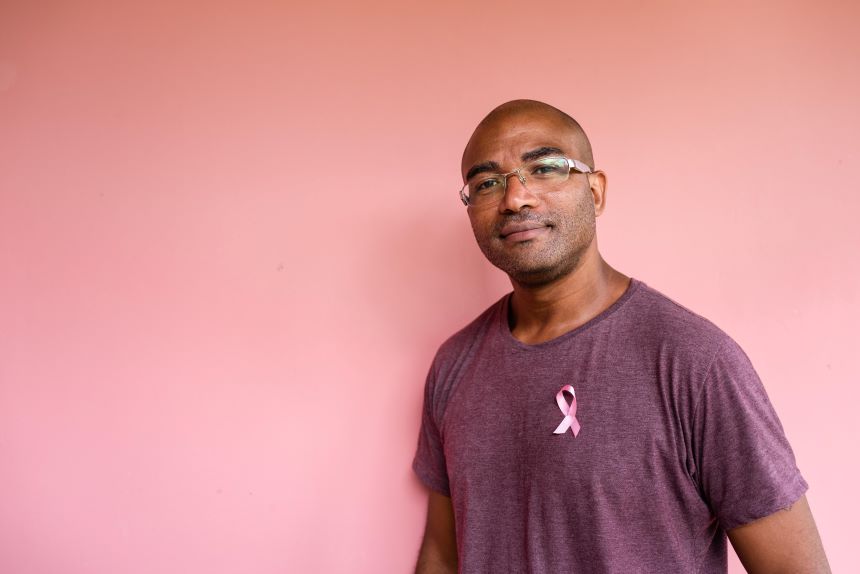As men age, they may develop physical or psychological issues that affect their sexual health. Because of embarrassment or fear, they might not discuss with their doctor concerns about decreased virility, erectile dysfunction or diminished libido. But maintaining a healthy sex life well into your senior years is achievable, especially if you remain physically fit, stay mentally healthy and communicate with your partner.
Physical Problems Can Affect Sex Life
If you find your mind is willing but your body isn’t cooperating, an underlying health issue might be to blame. Low blood pressure, high cholesterol and diabetes can disrupt blood flow needed to sustain an erection, for example. Prostatitis (inflammation or infection of the prostate) or cancer treatments also can affect performance due to pain or medication side effects. Decreased testosterone levels could be the result of obesity, inflammatory diseases, infection, chronic liver disease or pituitary gland tumors. In these cases, impotence can actually warn you of bigger health problems.
Your doctor has several options to help determine what might be wrong, including:
-
Regular physical exams
-
Blood tests for hormone and blood sugar levels
-
Prostate-specific antigen (PSA) testing
-
Urinalysis
Mind over Matter
Sometimes the problem is in your head. There is a strong link between mental health and sexual function. Everyday stressors such as worry, depression or life events can directly affect libido. Add to that concerns that come with age, such as performance anxiety, boredom with sexual habits and even misplaced expectations, and there are any number of emotional reasons for the mind/body disconnect. Even something seemingly positive, such as retiring from your job, can spin into a negative if it disrupts your self-identity or brings feelings of loss or reduced urgency.
Your emotions can cause physical changes in your body. Stress can affect testosterone production, resulting in a decline in sex drive, and can cause erectile dysfunction or impotence. Depression decreases blood pressure and is linked to increased chronic pain, lethargy and irritability.
Communication Is Key
Communication is important to have a long, healthy sex life. Casting aside fear and shame is the first step. Talk to your doctor as soon as you suspect a problem. The longer you postpone addressing the issue, the more difficult identifying the cause and treatment may become. If the problem turns out to be psychological, there are medications and cognitive therapies available to help.
Secondly, talk to your partner. Addressing the problem will help reduce frustration, misplaced assumptions and feelings of guilt or anger. Any physical concerns will be better tackled with an understanding of the problem by everyone vested in the outcome. And emotional-based hurdles almost always lose some of their power once openly discussed.
A healthy sex life is what satisfies both partners. Forget what you see in the movies or hear in the locker room. Take care of your body with exercise and diet, avoid substance abuse, reduce stress and pay attention to any changes. Together with your doctors’ guidance and partner’s support, you’ll be back to feeling like yourself in no time.
Choose to Stay in Touch
Sign up to receive the latest health news and trends, wellness & prevention tips, and much more from Orlando Health.
Sign Up










